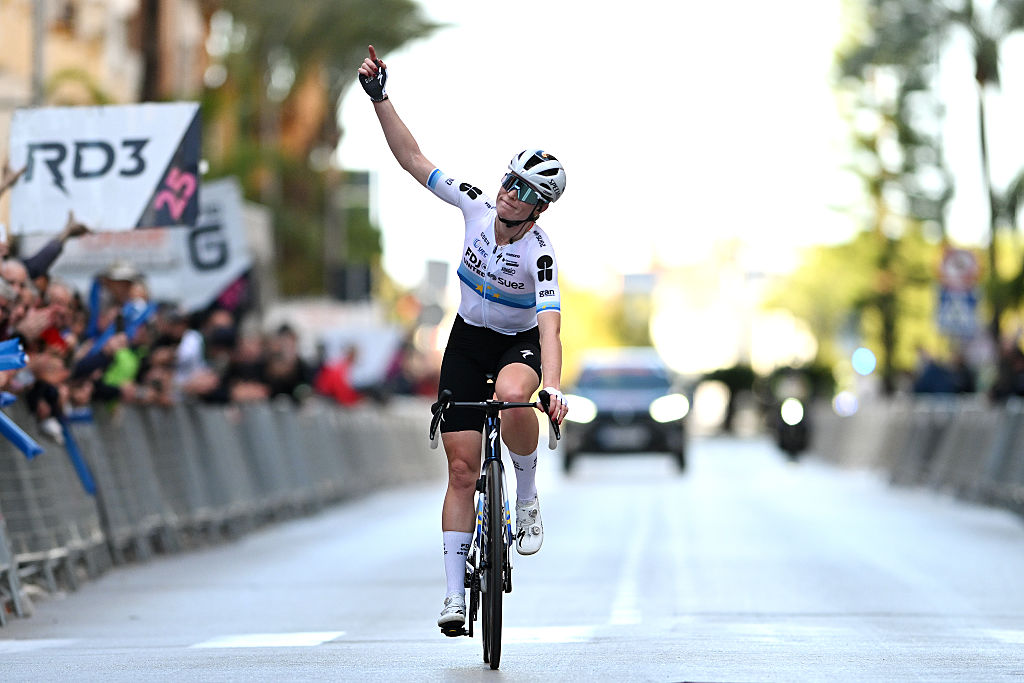Independence critical for clean sport, says Tygart
Agencies, doping controls and UCI investigation must be impartial
The latest race content, interviews, features, reviews and expert buying guides, direct to your inbox!
You are now subscribed
Your newsletter sign-up was successful
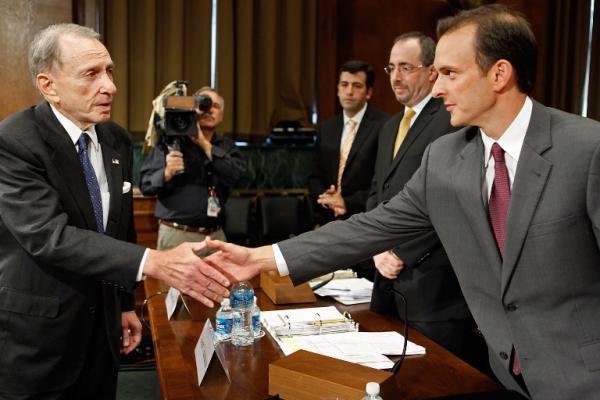
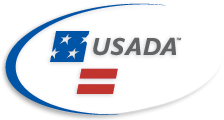
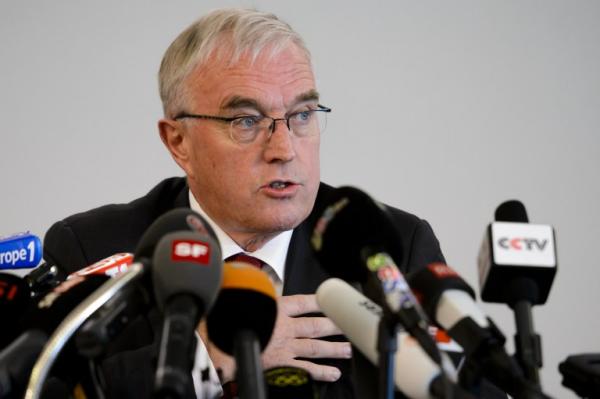
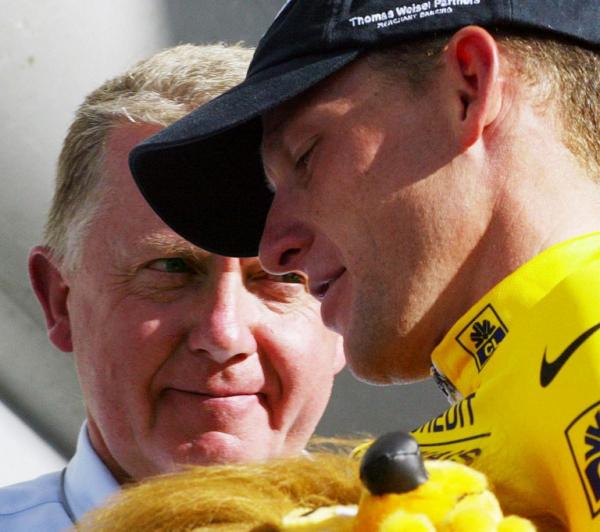
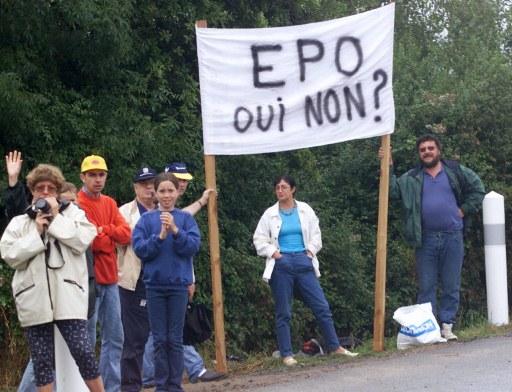
Although the lifetime ban and disqualification of the results of Lance Armstrong is now secure, USADA CEO Travis Tygart's work is not nearly done. The arbitration cases for Johan Bruyneel and Jose "Pepe" Martí are still pending, so there may be more details to emerge from the seedy tale of cycling's doping culture. After unearthing the disturbing truths, Tygart sees independent organisations such as his as the only way forward for the sport.
Tygart received death threats during USADA's Armstrong investigation
Tygart praises Mercier for refusing to dope
Bruyneel vows to continue fight against USADA charges
UCI confirms Lance Armstrong's life ban
Reactions to UCI's confirmation of Lance Armstrong's ban
Mercier: The UCI must get rid of Pat McQuaid
UCI management committee will not reallocate Armstrong's Tours
Tour de France organizers confirm UCI decision on Armstrong's victories
Kimmage’s quest for UCI accountability
WADA will not appeal USADA decision on Lance Armstrong
SKINS launch $2 million law suit against UCI over handling of anti-doping fight
At the same time as the International Cycling Union was turning its back on whistle-blowers such as Jörg Jaksche, Tyler Hamilton and Floyd Landis, USADA was taking notes, taking them seriously and investigating the allegations. Why the UCI failed to do so sooner was due to what Tygart calls the inherent conflict of interest or "fox guarding the henhouse" that is key to cycling's problems.
In fact, if one precedent is established by the Armstrong case, Tyargt hopes it is that clean athletes have greater faith in the anti-doping establishment, and trust that "they're not going to turn a blind eye, regardless of how powerful or influential those who broke the rules may be," Tygart told Cyclingnews.
Compare that with the actions of the UCI, of which Tygart would only say, "they speak louder than words".
"Back in August, they were arguing and telling everybody we were on a witch hunt. They had no idea what the evidence was, but they sued Floyd ... they've called the whistle-blowers scum bags. Those certainly aren't the actions you would take if you truly wanted to move your sport in the right direction on this topic."
Splitting anti-doping from UCI not necessary
There have been those who have called for cycling to create its own independent anti-doping agency in order to remove the conflict of interest from the UCI, but Tygart said that this step was not necessary. But the UCI does need to remove itself from total control and allow better coordination with the independent anti-doping agencies.
The latest race content, interviews, features, reviews and expert buying guides, direct to your inbox!
This very topic caused conflict between the USADA and UCI ahead of the 2011 Tour of California. USADA wanted to be able to perform targeted testing and receive the results, but while the UCI was ready to allow USADA to simply perform the controls, it wanted absolute results management authority. A similar conflict happened between the UCI and French Anti-Doping Agency (AFLD) before the Tour de France in 2010.
"When you have the UCI sending its own collectors in, and the reports only go to the UCI, that's an inherent conflict. Why you would want to do that as a sport, other than to control each and every aspect of it to your best interest?
"Unlike any other International Federation we work with, they've never articulated why they do it that way. The only conclusion, particularly when they can't articulate any other logical reason to do it, is that they want to control the outcomes. That's where the 'fox guarding the henhouse' just reeks and the perception of that is killing them right now."
That very kind of conflict of interest is what led to the creation of WADA and USADA, but it is a philosophy the UCI has been unwilling to fully embrace.
"You have to give up a little control, but at the end of the day it's the best thing for clean athletes - it may generate some ugly headlines from time to time - some of the top athletes who decide to cheat will be held accountable - but at the end of the day you've taken yourself, as a promoter of sport, out of that inherent conflict of having to bring discipline against one of your own."
Tygart suggests allowing the national anti-doping agencies to perform the testing and decide who gets tested and for what substance - the latter point made more important by the fact that the first Amgen Tour of California did not include doping control tests for EPO, Amgen's key money-making drug, a drug we now know was being widely abused leading up to that first edition in 2006.
"It was terrible for the sponsors, and terrible for clean athletes," said of the failure to perform EPO tests. "If we or any NADA were testing that event, that would never have happened. Did it happen because of incompetence of a foreign entity sending testers into the US? Or did it happen because they intentionally didn't want to have people test positive for EPO? You have to ask that question. I don't know that the proof of that is there, but you have to ask the question: Why, as a sport organiser, would you put yourself in the position to have those questions asked... unless you want to control it for your own self-interested outcome."
The UCI's Management Committee decided at its emergency meeting last month that it was necessary to form an independent commission to examine the "various allegations made about UCI relating to the Armstrong affair", but Tygart hopes the scope will be broader than just looking into a few key issues such as Armstrong's 2001 Tour de Suisse doping control which was suspicious for EPO.
"It has to have a broad term of reference and look into any and every aspect... to do to some extent what the Mitchell Report did for baseball - not only look into the past and expose the past, but to learn the lesson so you can unshackle yourself from that past. And have tangible recommendations put in place so you can ensure the sport moves in the right direction."
Tygart reiterated that he thinks a "truth and reconciliation" and a willingness to objectively examine cycling's past is the only way for the sport to move on, and does not agree with the Sky team's "zero tolerance" anti-doping policy.
"If you doped, that's basically a lie. So you're going to have no problem continuing to lie. If you're asked if you doped in the past and you know there will be consequences if you finally tell the truth, are you going to tell the truth? No, you're just going to continue to lie.
"That further sustains cheaters within the sport who are living a lie, who have to continue to live the lie, so there's a lot less likelihood they're ever going to change their ways, seek forgiveness and be redeemed. Which is why we think it's really important to have a meaningful truth and reconciliation."
If anything comes out of all of the ugliness unearthed in the investigation into cycling's doping issues, Tygart hopes that his agency, their equivalents around the world, and WADA itself, have proven that they can provide a reasonable avenue for clean athletes to report on doping activities.
"Hopefully this proves they will treat you with empathy and compassion. They will hold you accountable where you've broken the rules, but they'll be compassionate about it and look at the bigger picture rather than stifle one individual athlete," he said.
"Hopefully what that does is send a very powerful deterrent and preventative message to those athletes who may have thought they could get away with it or grow so big they become too big to fail."

Laura Weislo has been with Cyclingnews since 2006 after making a switch from a career in science. As Managing Editor, she coordinates coverage for North American events and global news. As former elite-level road racer who dabbled in cyclo-cross and track, Laura has a passion for all three disciplines. When not working she likes to go camping and explore lesser traveled roads, paths and gravel tracks. Laura specialises in covering doping, anti-doping, UCI governance and performing data analysis.
